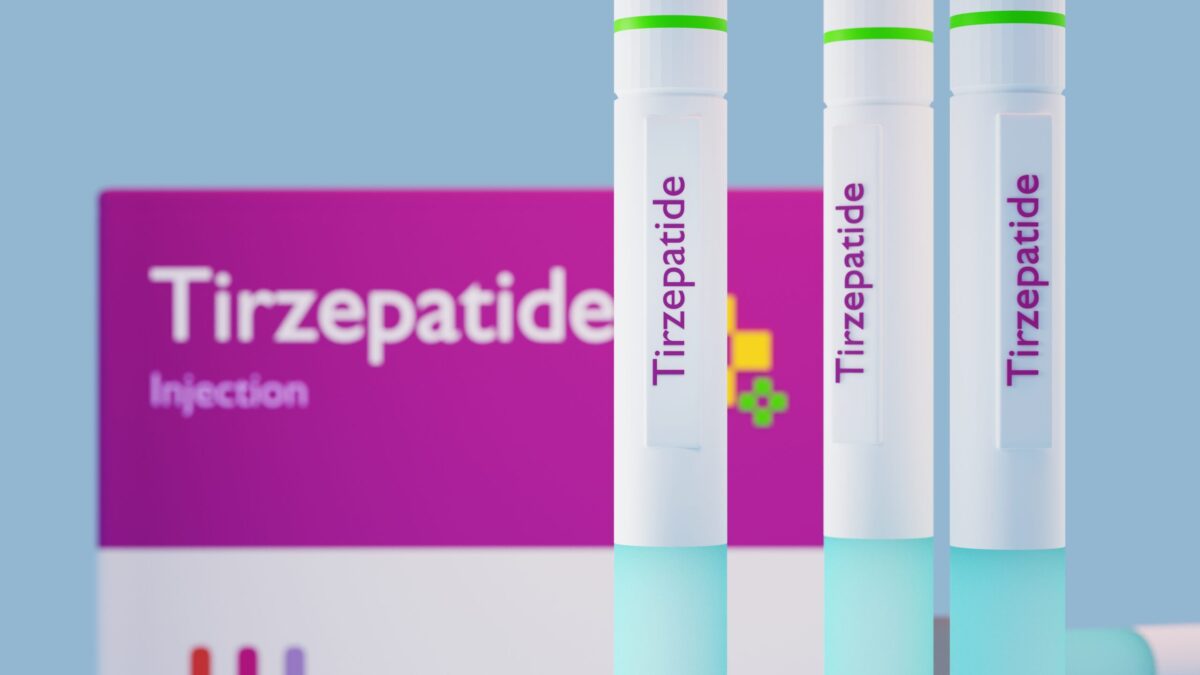Amgen’s osteoporosis drug – romosozumab – has shown promising results in a Phase III clinical trial. While the positive results represent a big win for the biotech company, some analysts say the drug didn’t perform as well as its main competition, made by Radius Health.
Amgen – in partnership with UCB – reported that the drug met its co-primary endpoints on reducing both spine and vertebral fractures in postmenopausal women with osteoporosis. A secondary endpoint of reducing the number of fractures in general, was also achieved, however the drug failed to meet an additional secondary endpoint of significantly lowering the number of nonvertebral fractures.
The results of the Phase III clinical trial show that women taking the injectable romosozumab had a 73 percent reduction in the risk of sustaining a spinal fracture, compared to the placebo. The women taking the experimental drug also had a 36 percent lower chance of experiencing any other clinical fractures.
These effects were also found to be sustained after two years of treatment, at which point the patients were transitioned to Amgen’s other osteoporosis drug, Prolia (denosumab). Those in the industry have high hopes that romosozumab will see blockbuster sales of over $1 billion per year, once it hits the market.
The osteoporosis medication has been compared to a similar drug – abaloparatide, developed by Radius Health – which performed even better than romosozumab by reducing risk of spinal fracture by 86 percent. Amgen’s drug does have one benefit over Radius’: while abaloparatide needs to be injected daily, romosozumab is a once-a-month treatment.
“Optically, we believe these data (for romosozumab) came in below investor expectations; the caveat is that we don’t have the detailed fracture data and it’s tough to compare across trials,” said Evercore ISI’s Mark Schoenebaum. Shares in Radius Health grew by 26 percent after release of their trial results, suggesting investors are placing more stock in their drug.
Romosozumab is an antibody-based treatment designed to block sclerostin – a protein involved in a decrease in bone formation. Researchers believe the antibody is capable of promoting bone growth as well as preventing its breakdown.
One of its other competitors – Eli Lilly’s Forteo – will soon be going off patent, leading analysts to predict that Amgen’s drug will win investors’ backing. In 2015, romosozumab won over Forteo in a head-to-head comparison study. Another Phase III comparison study is currently underway, with results expected in 2017.
“Assuming the data are competitive, we think romosozumab will be commercially attractive given its monthly dosing, its differentiated data on cortical bone, and potentially the lack of a black box warning for osteosarcoma that is on Forteo’s label (and likely abaloparatide’s),” said USB’s Matthew Roden. The company is preparing to file for FDA approval later this year.
“A vertebral fracture due to osteoporosis can be a life-altering event, and the risk of these kinds of fractures will be a growing burden as our society ages,” said Dr. Sean Harper, executive vice president of research and development at Amgen. “These data show that romosozumab reduced new vertebral fracture risk as soon as 12 months.”












Join or login to leave a comment
JOIN LOGIN